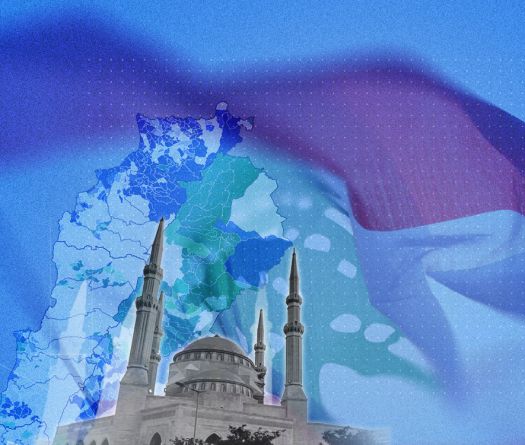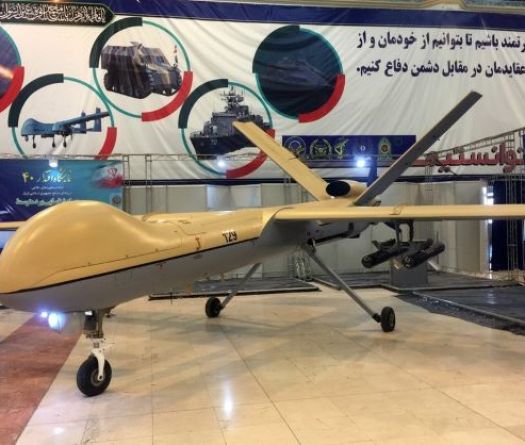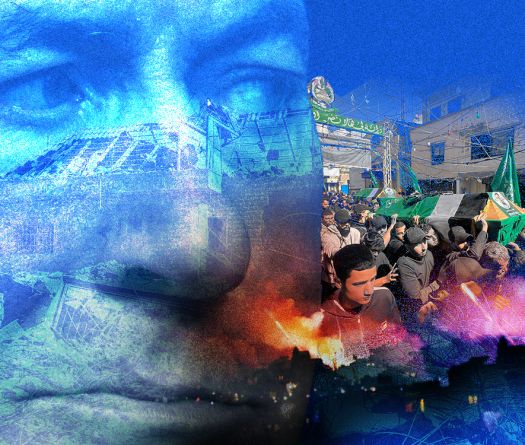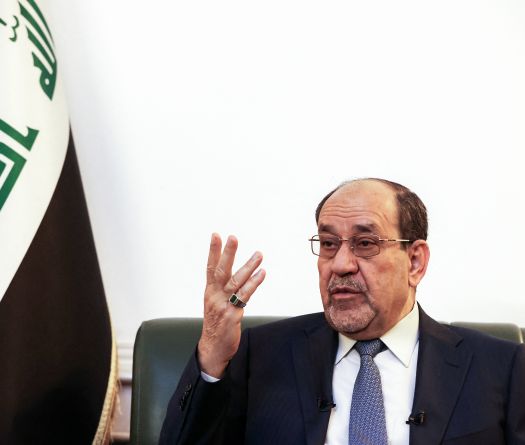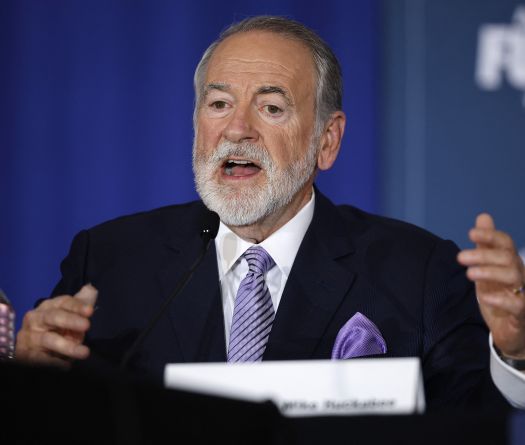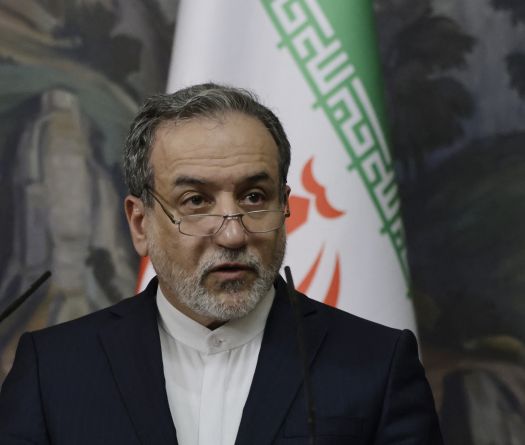
- 15:28 French FM says would be 'ridiculous provocation" if drone near French aircraft carrier was Russian
- 15:22 China urges citizens in Israel to strengthen emergency preparedness
- 14:47 Germany hails EU move on 'historic' South America trade deal
- 14:43 Macron says EU move on Mercosur deal a 'bad surprise'
- 13:51 Ukrainian, Slovak leaders hold call amid energy spat: Kyiv
- 13:50 Ghana says 55 nationals killed on Ukraine front line
- 13:37 China tells citizens to avoid travelling to Iran
- 13:32 'Urgent action' needed to prevent all-out civil war in South Sudan: UN
- 13:15 Holders PSG draw Chelsea in Champions League last 16
- 13:15 French agriculture minister says regrets EU move on Mercosur deal


Lebanon Signals Interest in Joining IMEC Trade Corridor
This is Beirut 26/02 19:55

Israeli Airstrikes Hit Hezbollah Targets in Bekaa Valley
This is Beirut 26/02 17:25

After Assad, Hezbollah Shrinks from Army to Shadow Cells
This is Beirut 26/02 15:10

Hezbollah Signals It Will Stay Out of 'Limited' Iran Strikes, Sets Red Line on Regime Attacks
This is Beirut 25/02 16:40
See all

Iraq Armed Group Tells Fighters to Prepare for Long Iran-U.S. War
This is Beirut 10:10
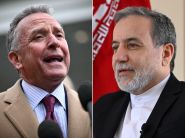
U.S. and Iran Conclude Geneva Nuclear Talks, Set Vienna Meeting for Monday
This is Beirut 26/02 23:20

Direct U.S.-Iran Talks Mark Key Moment in Geneva Nuclear Negotiations
This is Beirut 26/02 15:35

Detainee Swap in Sweida Following Deadly Clashes
This is Beirut 26/02 13:40

Iran University Suspends Three Students for Burning Flag
This is Beirut 26/02 13:05
